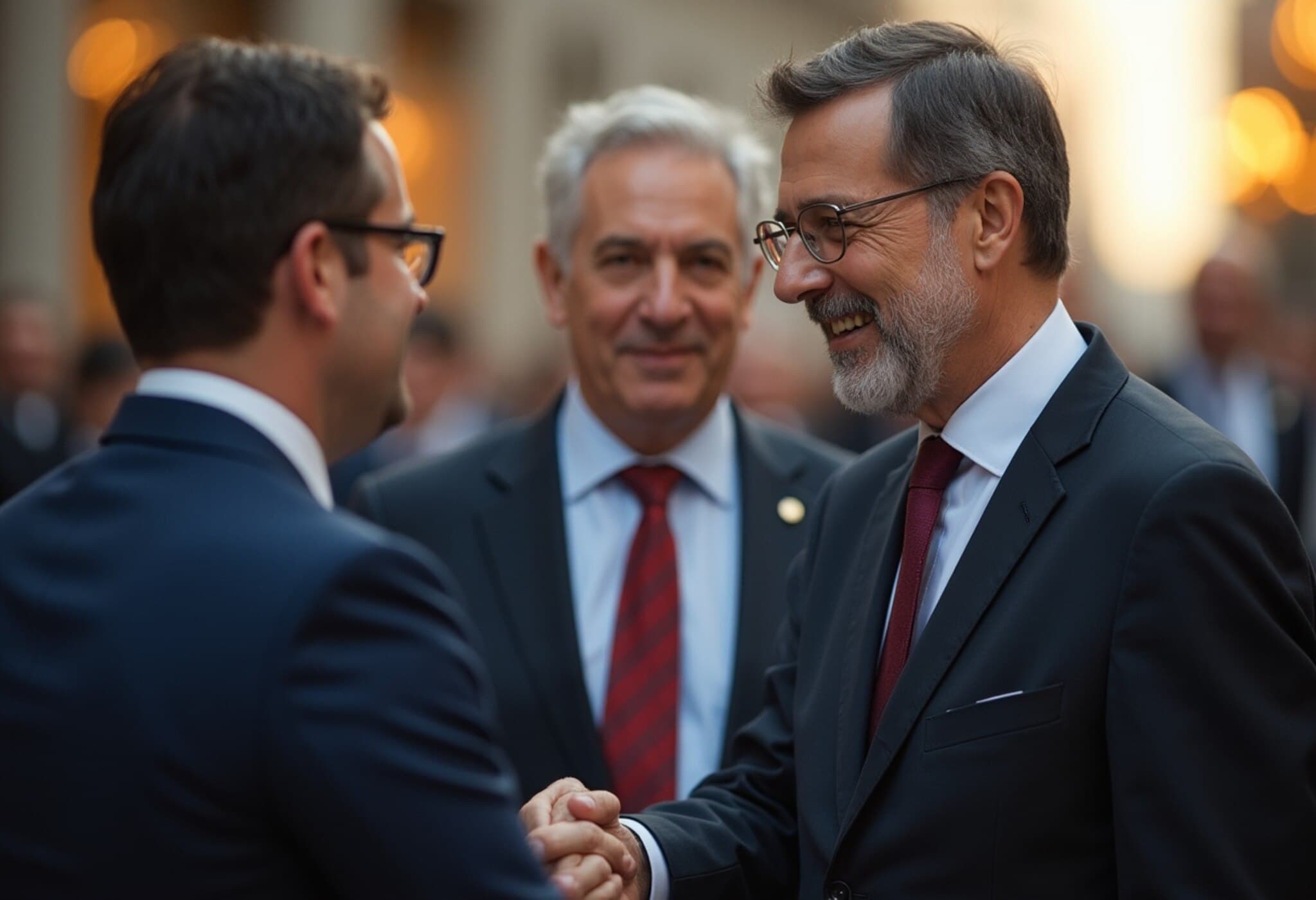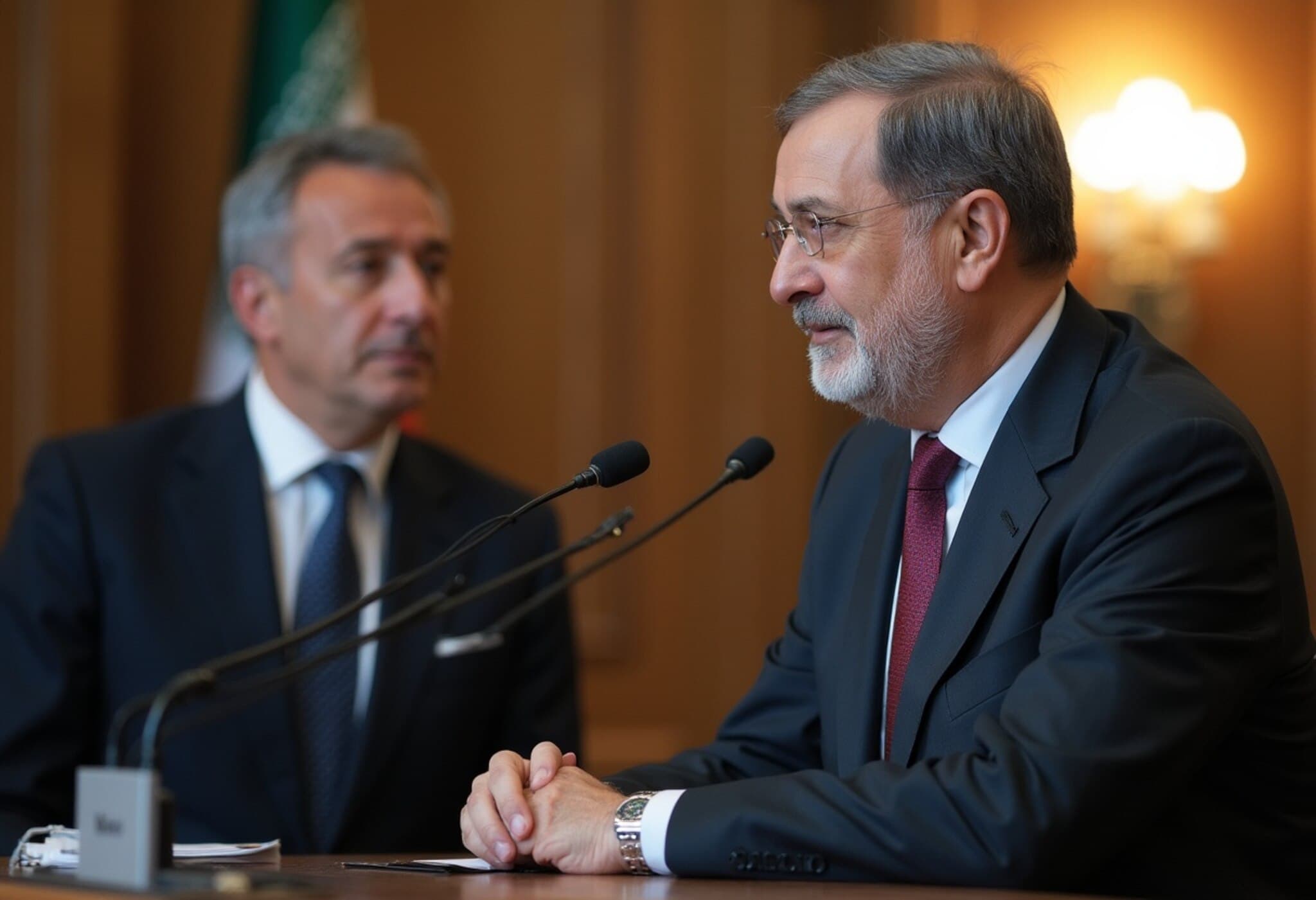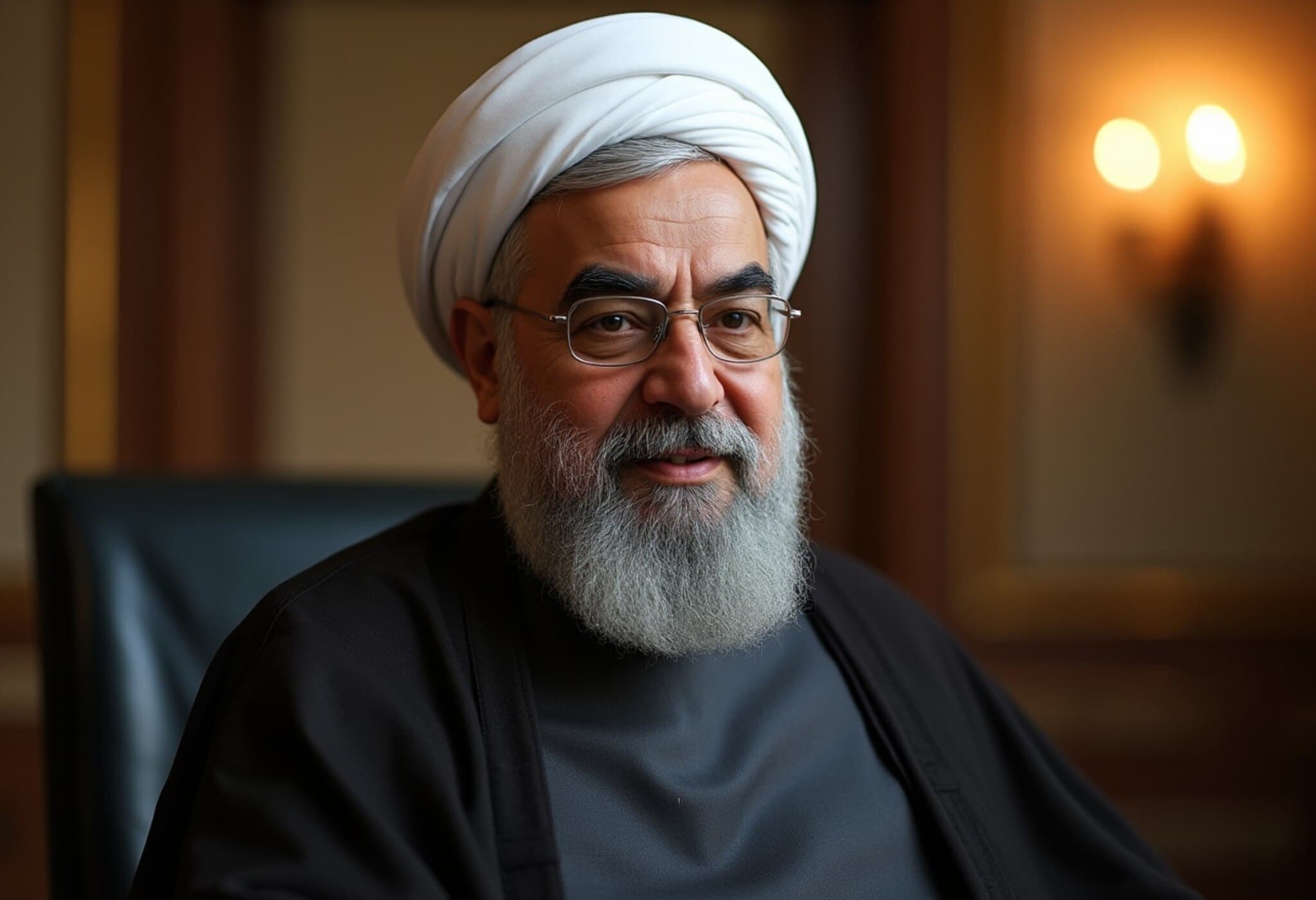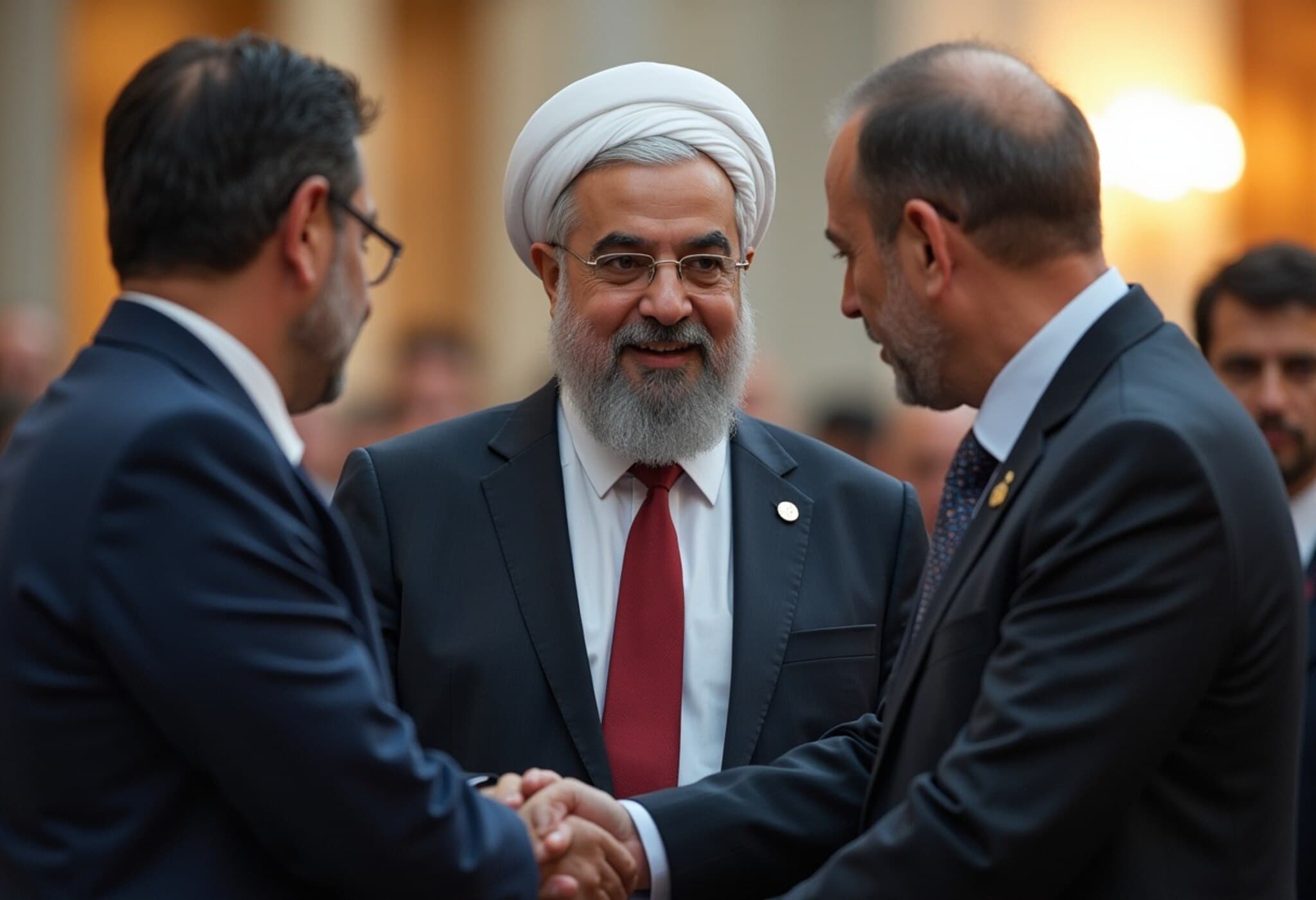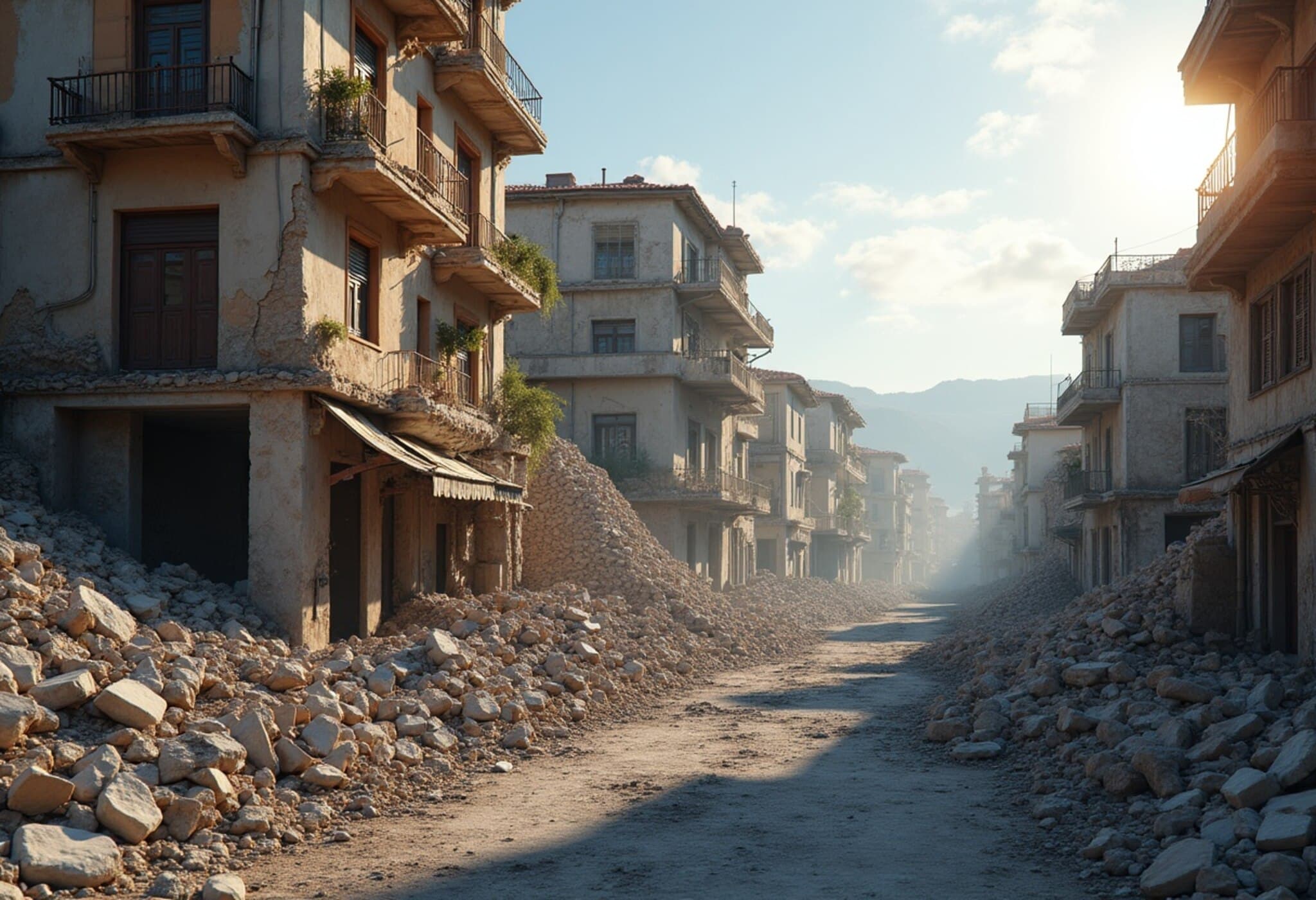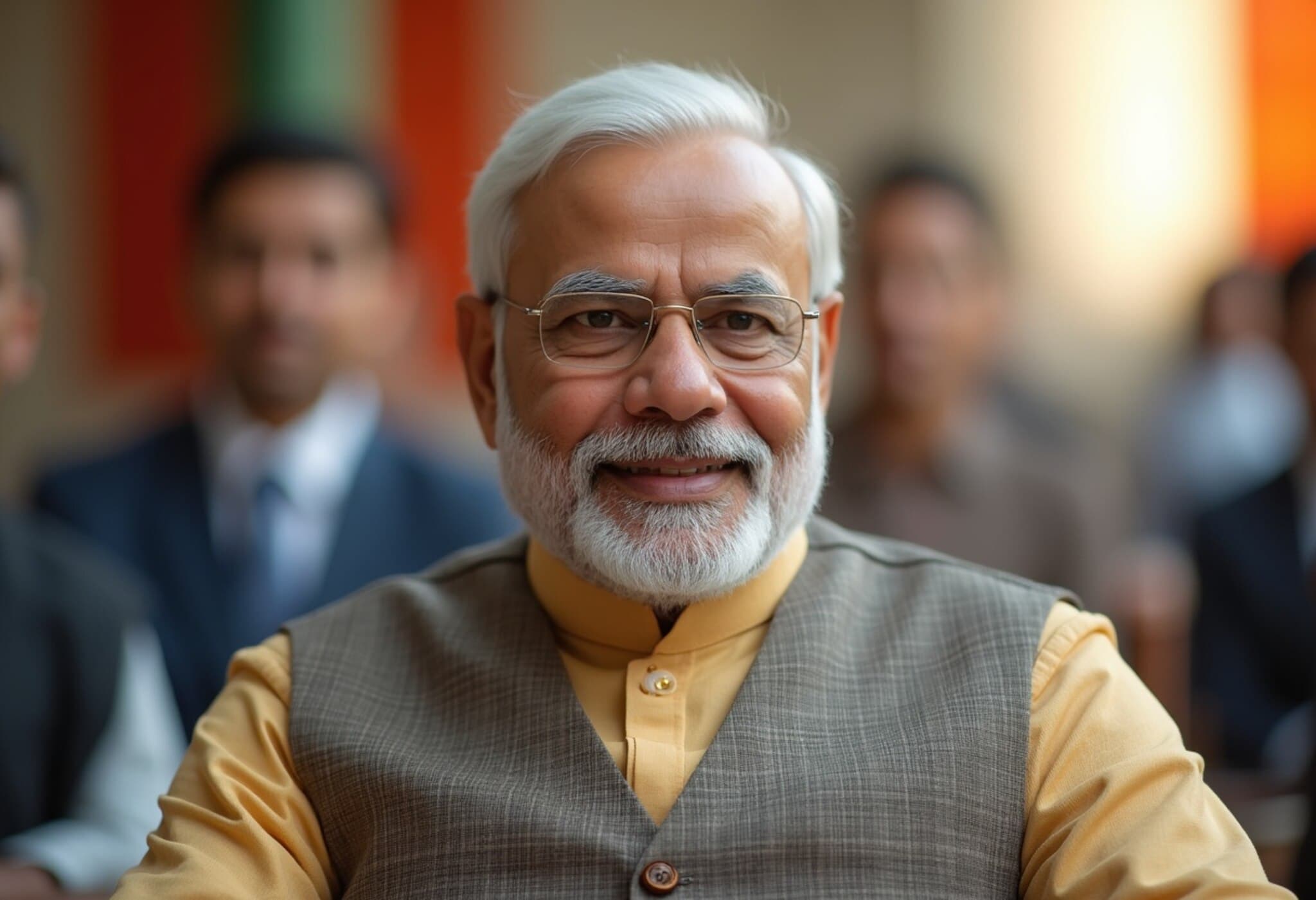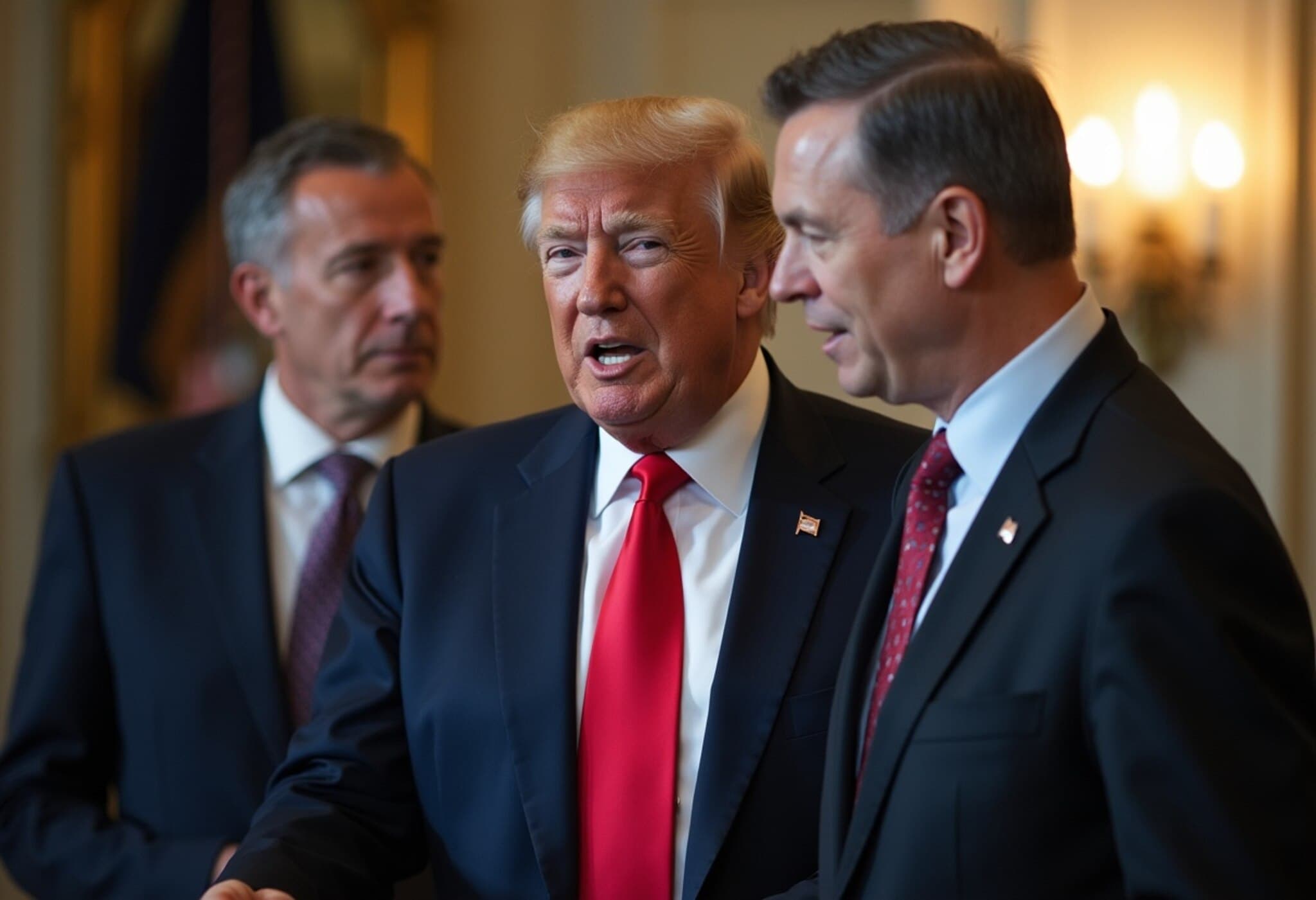Iran and E3 Diplomats Meet in Istanbul to Revive Nuclear Negotiations
In a significant diplomatic development, Iran has resumed nuclear discussions with the three key European powers—the United Kingdom, Germany, and France—collectively known as the E3. This marks the first dialogue of its kind since a spate of Israeli attacks targeted Iran's nuclear facilities in June, followed by U.S. airstrikes that intensified regional tensions.
Context: A Fragile Pause in a Volatile Region
The Israeli strikes and consequential U.S. military responses effectively put a halt to ongoing talks between Tehran and Washington amid fears of escalating conflict. Against this backdrop, the E3 states have taken the initiative to engage Iran directly, seeking to unfreeze the stalled negotiations that aim to restrict Tehran's nuclear ambitions in exchange for easing sanctions.
Key Outcomes of the Istanbul Talks
The closed-door discussions lasted approximately four hours and primarily focused on the potential reimposition of sanctions—a so-called “snapback” mechanism that could revive penalties lifted under the 2015 Joint Comprehensive Plan of Action (JCPOA). A seasoned European diplomat, speaking anonymously due to the sensitivity of the matter, confirmed that the snapback option remains very much on the table should Iran fail to demonstrate meaningful progress.
- Sanctions Relief vs. Nuclear Oversight: Both parties exchanged proposals aimed at balancing sanctions relief with stricter oversight of Iran’s nuclear activities.
- Deadlines at Stake: The E3 warned that if tangible advancement is not achieved by the end of August, they might advocate for reapplying sanctions before the UN resolution tied to the JCPOA expires on October 18.
- Persistent Disagreements: Iranian Deputy Foreign Minister Kazem Gharibabadi expressed strong criticism of the recent military actions against his country but affirmed that negotiations would continue.
The Broader Implications: What’s at Risk?
The approaching expiration of the UN resolution governing the nuclear deal threatens to automatically lift all UN sanctions on Iran, potentially unleashing new uncertainties across global energy markets, international security, and diplomatic alliances. If the snapback mechanism is not triggered at least 30 days prior, sanctions on sectors such as hydrocarbons, banking, and defense will be lifted, altering the power balance in the Middle East and beyond.
Expert Analysis: The Stakes for U.S. and International Policy
From a U.S. policy standpoint, these developments underscore a delicate balancing act. While Washington remains officially withdrawn from the JCPOA since 2018, it continues to wield considerable influence through its European allies and regional security partnerships. Resuming indirect diplomacy via the E3 may provide a pragmatic pathway to prevent further escalation, though skepticism remains on all sides.
Additionally, this episode highlights a critical question often overlooked: how will renewed sanctions or their removal affect the civilian populations in Iran and the broader Middle East? Economic hardship and instability can have far-reaching humanitarian consequences, emphasizing the need for diplomacy that prioritizes sustainable peace over punitive measures.
Looking Ahead: Diplomacy on a Tight Timeline
The E3 coalition has set a firm deadline at the end of August to make substantive progress that could justify extending the nuclear deal’s mandate by several months. Failure to bridge differences could trigger the snapback mechanism, intensifying tensions and limiting diplomatic options just weeks before the October UN resolution expiry.
The next steps in this geopolitical chess game will be closely watched not only by policymakers and analysts but also by global markets and citizens yearning for stability in a historically volatile region.
Editor’s Note
This renewed dialogue between Iran and European partners presents a cautiously optimistic window to address a nuclear impasse that has shaped Middle Eastern geopolitics for years. Yet, the lurking threat of sanctions snapback and the recent military confrontations remind us that peace remains fragile. Readers should consider how diplomatic nuance, external pressures, and the humanitarian dimension intertwine as the international community navigates this high-stakes moment.










